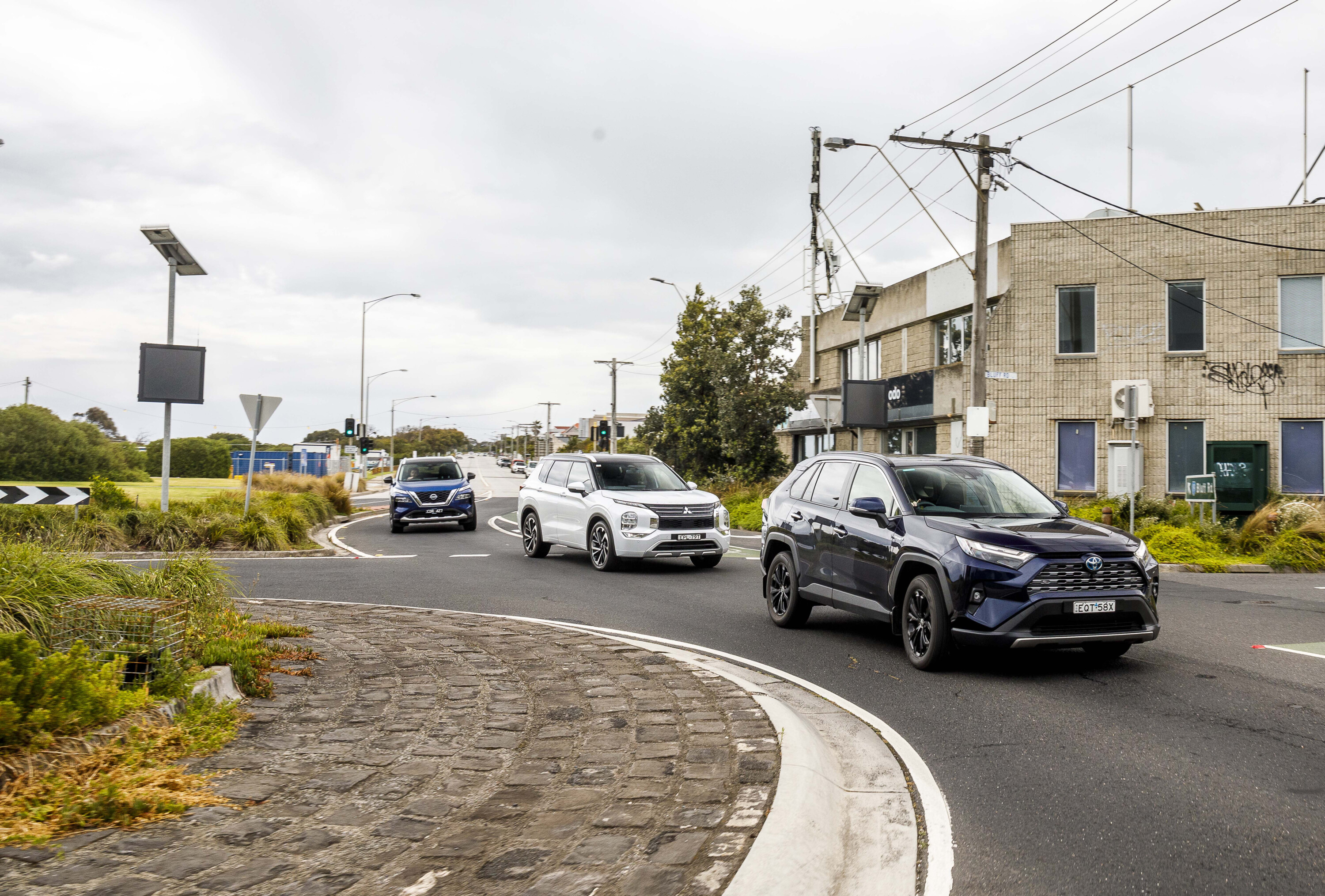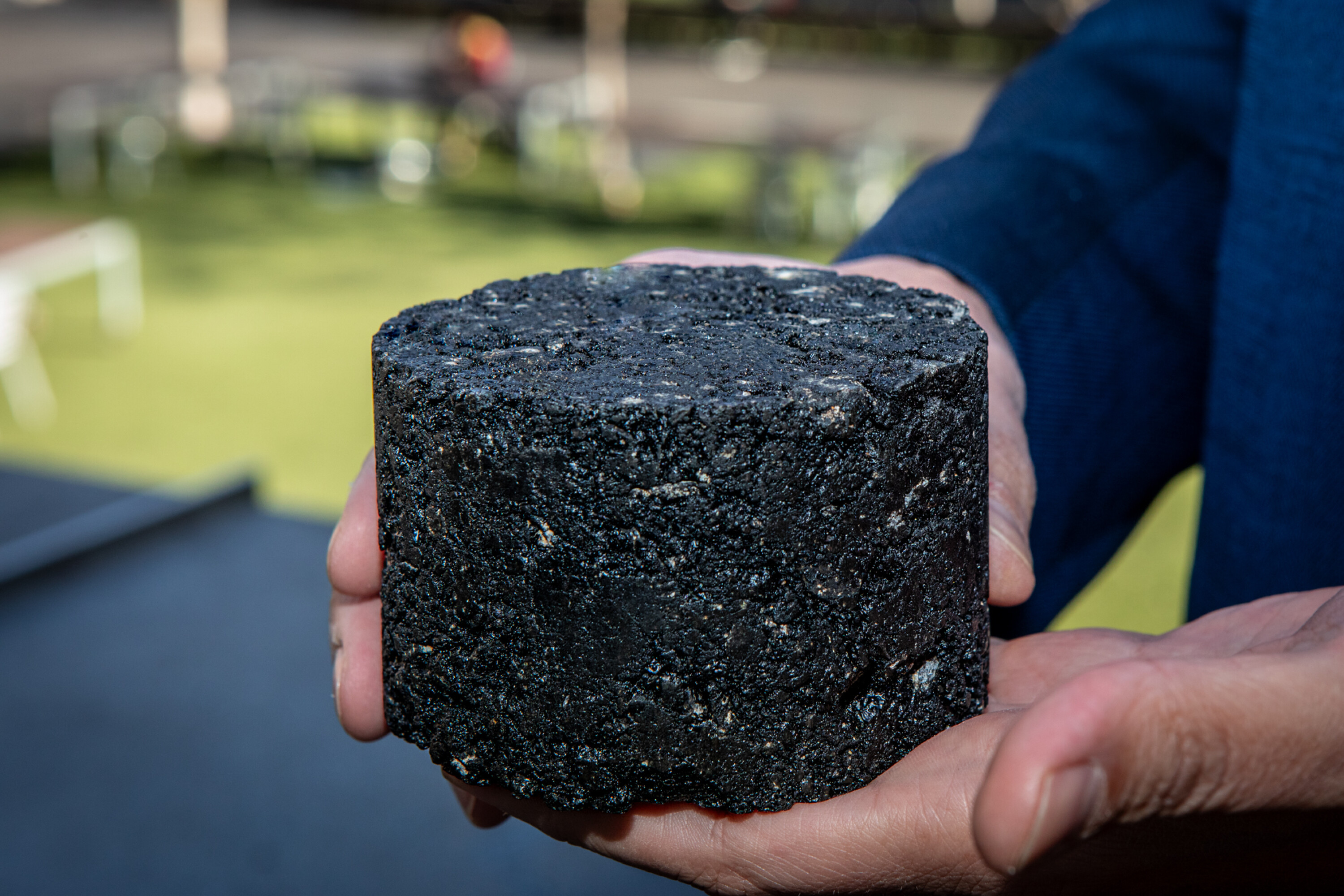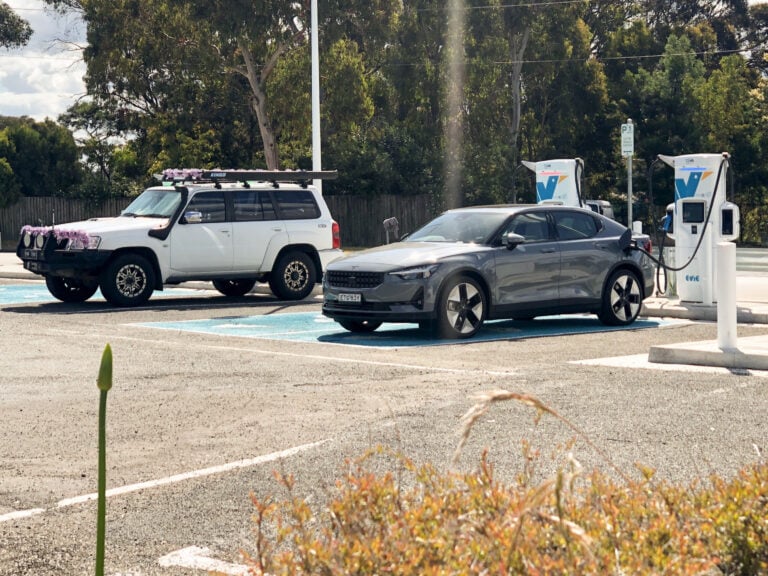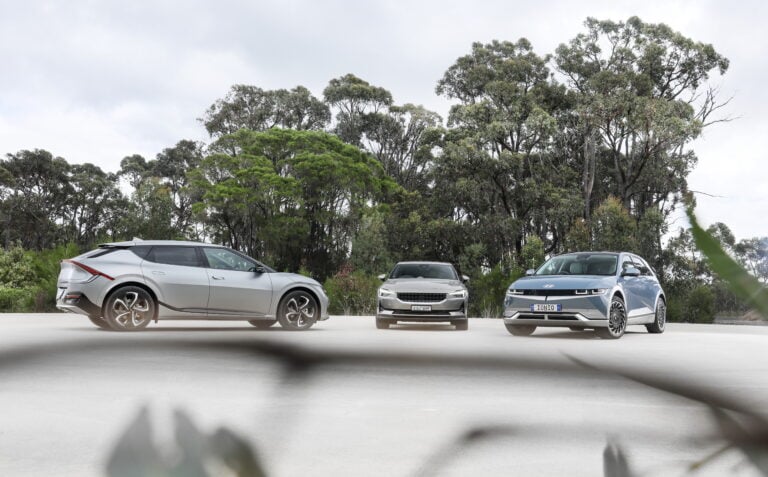
Some Victorian roads will soon incorporate 21,000 kilograms of recycled plastics in the coming months – and it promises to be less susceptible to forming potholes.
Snapshot
- Recycled material roads to roll out in 10 Victorian sites
- Claims to be more durable against traffic and ageing
- Mass-scale roll out targeted to address crippling waste issue
Following research led by the Royal Melbourne Institute of Technology (RMIT) University, supported by Australian Research Council, Austroads and 10 Victorian councils, 10 asphalt road sections up to 900 metres long will be paved with recycled materials.
Importantly, laboratory tests by the RMIT [↗] claim improved durability of roads against traffic and ageing due to incorporating recycled materials, such as plastic and rubber.

The study found recycled plastic asphalt mixtures achieve 150 per cent less chance of cracking and 85 per cent less deformation under pressure testing compared to conventional asphalt.
In some cases, the recycled road performance was similar to more expensive polymer materials.
The initiative aims to provide a circular economy solution, with the RMIT citing Australians generate 2.6 million tonnes of plastic waste each year and landfill space is expected to reach capacity by 2025.
The RMIT project team will also establish best-practice guidelines on using recycled plastics in asphalt roads to enable the local governments – which control 80 per cent of Australia’s roads – to begin a wider-scale rollout.
We recommend
-
 Advice
AdviceEV charging etiquette tips: Dos and don’ts
What’s right and wrong when it comes to public EV charging and queueing? Here’s your definitive etiquette guide
-
 News
NewsLuxury Car Tax threshold increased for 2023-24
LCT threshold requirements have been lifted again for another financial year
-
 News
NewsNew car calendar 2026: All the new cars coming to Australia next year
Here’s the WhichCar by Wheels guide to all the new cars that will launch in Australia in 2026. Check back in regularly for updates...




